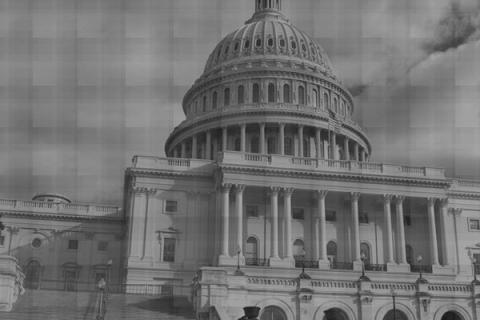A libertarian-leaning sentiment is on the rise in the country, which may be attributed in part to the culture of digital personalization that's become so embedded in our way of life. With inventions such as the iphone, where one can choose which apps suit their needs, it seems as if people are starting to gradually connect their sense of individual choice in the digital sense to how they feel about government overstepping its bounds in their daily lives.
"We need independence from politics where we essentially argue what's been great about the past 40 years or so about America are the areas of our lives that are not directly or indirectly heavily-controlled or regulated by the federal government, the state governments, or the local governments," said Reason's Nick Gillespie in an exclusive Pajamas Television interview in promoting his new book "The Declaration of Independents," which he co-wrote with Reason colleague Matt Welch.
Gillespie offered some food for thought when he pointed out that all the areas where government has been involved are ones that aren't doing so well under their current massive supervision. Education, healthcare, pension plans, and unfunded mandates are just a few of the sectors mentioned during the PJTV interview as just some examples. All of these issues at the moment are significant problems in states like California, Wisconsin, and others.
Welch noted that there is a huge disapproval of recent measures taken by both Republican and Democratic administrations to get the economy back on the right track. Indeed, recent polls have shown that Americans believe the economy is headed on the wrong track and will it take longer than expected to see a recovery. With these bipartisan measures, like the bank and automobile industry bailouts, the libertarian mindset definitely seems to have flared up into a bigger cross-country flame. This uprising can be seen especially with the the Tea Party, champions of small government and flushing excess waste from the government's agenda. Thanks to movements like the Tea Party, people are learning to assemble and declare their independence.
"Whenever you flout an important American political tradition right now, because of the internet, because we've learned to gather ourselves, to swarm ourselves into various places, you will be punished eventually. And it's happening sooner rather than later. It's happening now when it comes to big spending. It's going to happen the drug war in various states I think in 2012," Welch said.
Beyond the Tea Party and the internet playing a role in spreading the movement to hold government accountable, the rise of libertarian ideals is not surprising when it comes to considering how much technology has become a part of the average American's life. On Google, a user can customize what news he or she wants to receive and when they want to receive it. On social sites like Facebook, users can choose who they want to be within their network, what brands they want to "like," and what group associations they want to join. With e-readers, users can select what books they want and if they want it now or later. The ever popular Netflix allows for much of the same when it comes to visual content.
Along with technological innovations comes the advent of personal choices and individuals who cherish those very choices. Being surrounded by customizable technology 24-7 and the influential role that it plays in their lives, it's no wonder that the concept of personal responsibility (whether in healthcare, education, retirement plans, etc) has become a significant part of the average American individual's thinking. While choice enabled by technology is reflective of yet a deeper and natural yearning for personal freedom, it's no mystery why it's a rapidly growing mindset that looks to be prominent in voters' ballot decisions come 2012.

